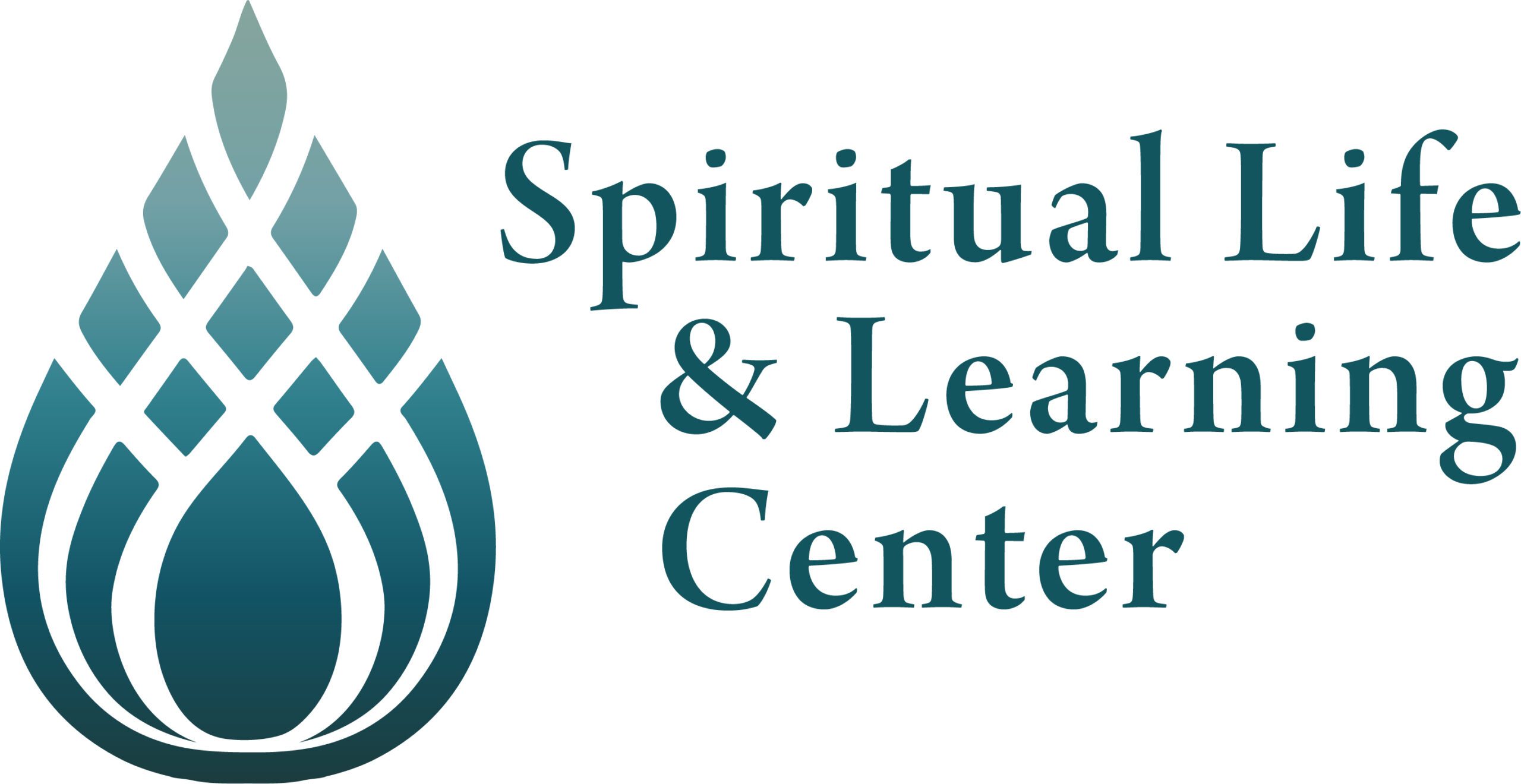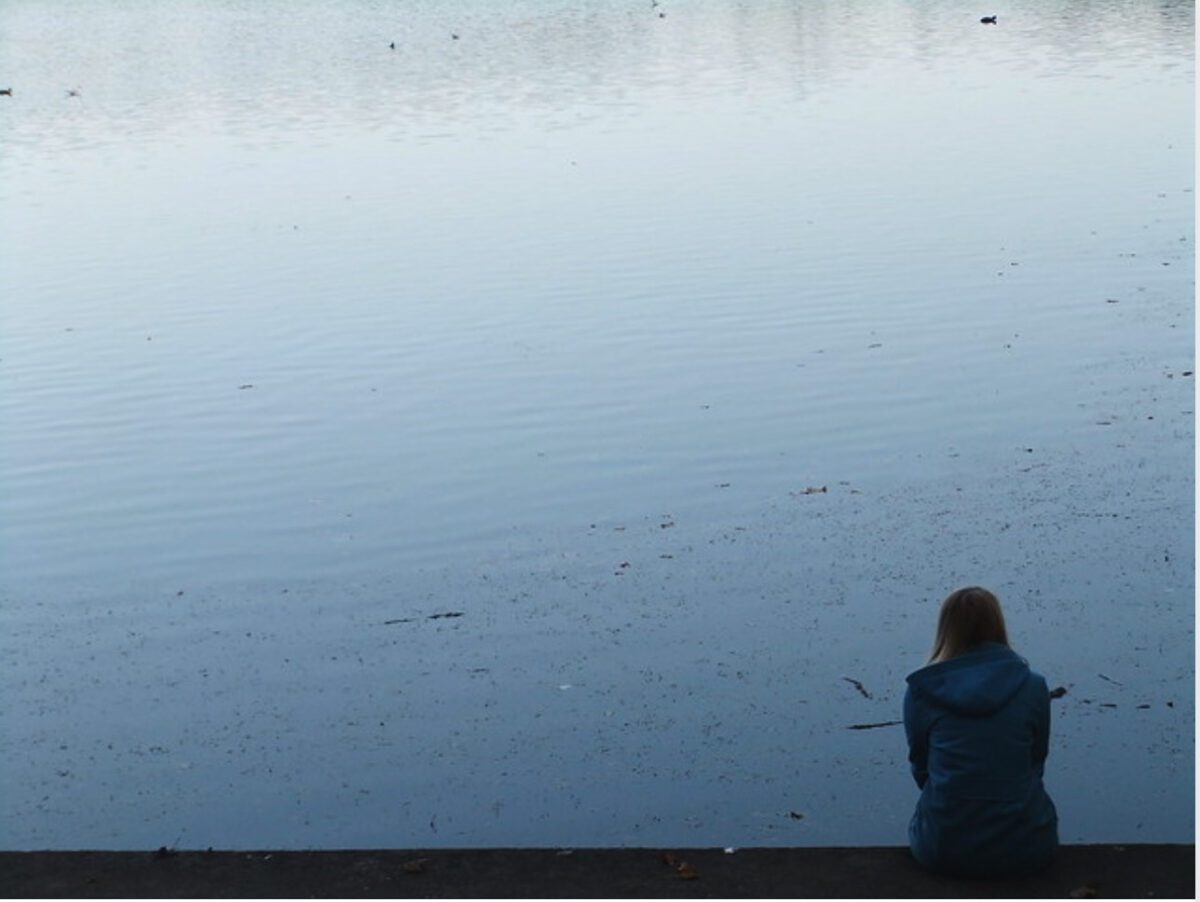The exciting evolution of the Center, with our new name, logo, and purpose, continues. Our
plan and process has always been, as much as we could settle into impermanence and change
(no easy task!) an organic unfolding.
This organic evolution was stimulated as our Center Team hosted a gathering of Burkhart
Center regulars this spring to hear what they had to say about what motivates them to attend
Center events, what interests them in furthering their own spiritual search, and what inspires
them to be part of a spiritual community. On the larger First Community side, the governing
board conducted an all-church strategic planning effort over the past couple of years which led
to another organic vision from a select team for enhancing the education and spiritual growth
undertakings of the Center.
One of the results of the strategic planning team was to give a new name to the Center that
would more practically describe its purpose. From this was born the Spiritual Life & Learning
Center to replace the Burkhart Center name and logo. You’ll see the Center’s new logo
emblazoned at the top of this newsletter.
Both the new name—the Spiritual Life & Learning Center—and the new logo, contain layers of
meaning.
Discussing the logo, Center team members have described it in various ways: as a raindrop, or
as a flame; a teardrop or a sort of labyrinth; an open pathway with tendrils moving out to
varied experiences of divine realization. I’d be interested to know what others see in this
symbol: please email me with your perceptions: hettds@fcchurch.com.
As for the new name, you could say that the second “spiritual” is silent, as one might think a
more appropriate name would be the “Spiritual Life & Spiritual Learning Center.” Since I don’t
make any distinction between spiritual and material, or between sacred and secular, it’s easy
for me to just note it as “Learning,” period, and for which I think most of us who participate in
Center activities have a shared understanding.
What we intend for this new iteration, however, is to continue to broaden our learning to
include more of the other wisdom centers (besides the intellectual) that move us into more
wholeness, that stimulate the maturation of our souls. These include the wisdom of the heart
and the body, as well as that of the mind. And more, we intend to increasingly include the
wisdom of our natural world, our environment…the wisdom of the Cosmos.
We are committed to interspirituality, to learning from other traditions, including non-spiritual
traditions, like science, psychology, arts, and humanistic studies and paths. Yet, you’ll also see
promoted, even in this newsletter, classes that sound like more traditional Christian studies,
like Bible classes, and theology, as our clergy invite theologians they admire “in” for virtual
“Clergy Conversations.” But you can be sure that these are from a progressive, inclusive, Christian perspective, from the guidelines of First Community, our mother organization, who
declare “We take the Bible seriously, not literally; finding more grace in the search for meaning
than in absolute certainty,” and this: As ‘the church of the infinite quest,’ “we strive to follow
the path of Jesus, while recognizing other pathways to the Divine.”
And then, there’s the first part of our new name, “Spiritual Life.” All life has the potential to be
“spiritual,” in the sense of living lives that are conscious, awake, aware. We have a phrase in the
Diamond Approach path I follow that says, “practice is realization, and realization is practice.”
Like the lack of differentiation of sacred from the profane, this phrase points to the nonduality
of true Reality: that when we are engaged in spiritual practice we are already realized in a
particular way, and our realization unfolds even more as we continue to practice. (And true
Reality can also express itself in duality, which is why any true spiritual path is a mystical one,
containing all.)
In one of the first essays I read from Matthew Fox in the early 1970s, he jarred me by writing
“spirituality is a lifestyle.” Being spiritual is a way of life. Lately, I’ve been thinking of this as
simply an ongoing acceptance of the totality of my being. This includes acceptance of my
limitations, foibles, and flaws, as well as any gifts and capacities I express.
The primary practice of the Diamond Path is called “inquiry,” and this can become a constant
practice, almost second nature, that might simply be called living a “reflective life.” This kind of
conscious practice is how I interpret the apostle Paul’s “pray without ceasing.”
Just reading from James Hillman’s The Force of Character and the Lasting Life, he quotes the
Spanish philosopher José Ortega y Gasset, who described “inquiry” as our nearest equivalent to
the Greek word, alethia, an activity of mind that initiated all Western philosophizing. Ortega
says that inquiry is “an endeavor to place us in contact with the naked reality concealed behind
the robes of falsehood.”
That “naked reality” is that true Reality or Divine Reality that is our true home that the Jewish
teachers, including Jesus, knew as “the realm of God” that is in our midst. Hillman concludes
Ortega’s quote by saying:
Falsehood often wears the robes of commonly accepted truths, the common unconsciousness
we share with one another. We need, he says, a therapy of ideas [that] could free us from the
conventions.
Past Spiritual Searcher Thomas Moore’s new book is Soul Therapy. His first important book was
Care of the Soul. And the derivation of the word “therapy” is to care for. So, we the
progrintendams we provide at the center to be ways of practicing “soul therapy.” Not just a
therapy of ideas, but also a care for the body and the heart as well, aiming to open ourselves to
experiences that help us know and trust this divine reality in which “we live and move and have
our being.”
Welcome to the Spiritual Life & Learning Center.





